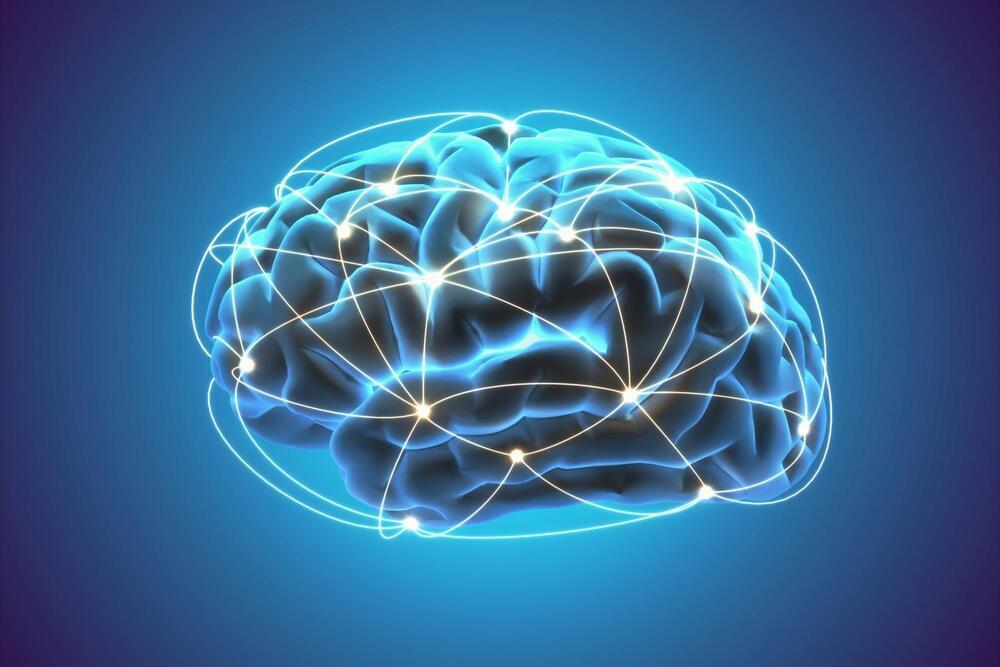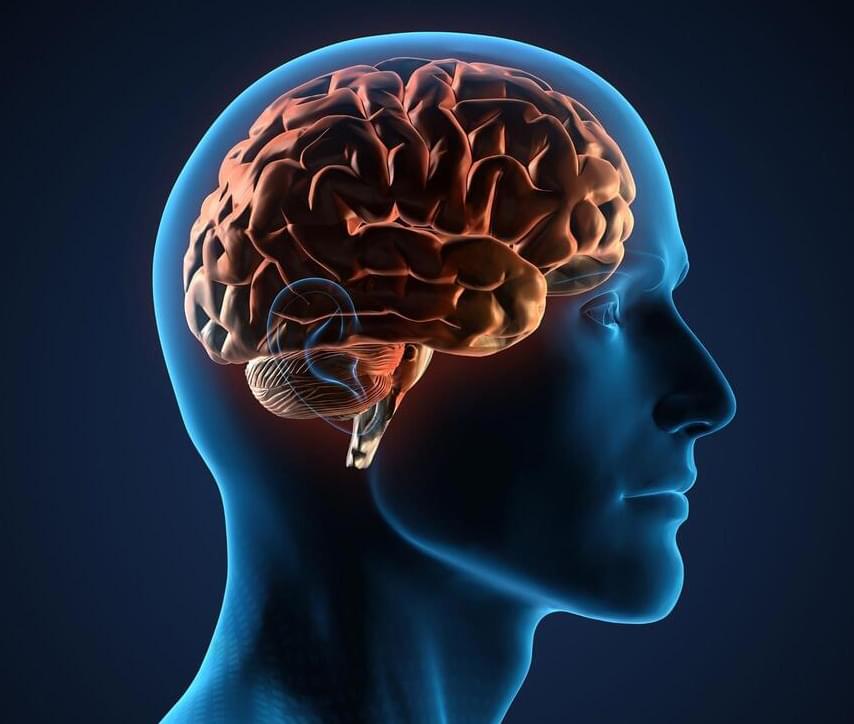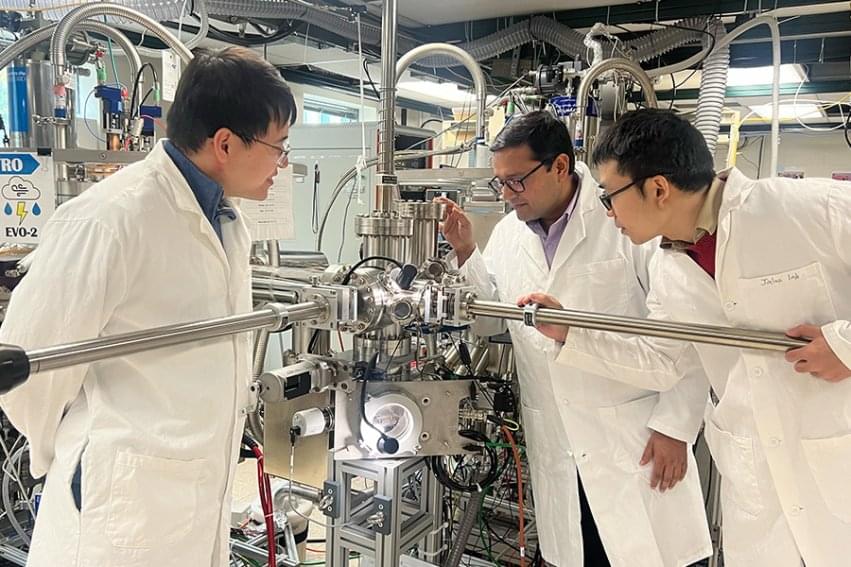Although it is widely recognized that sleep boosts cognitive performance, the neural mechanisms underlying this effect—especially those associated with non-rapid eye movement (NREM) sleep—are still not well understood.
A new study by a team of researchers at Rice University and Houston Methodist’s Center for Neural Systems Restoration and Weill Cornell Medical College, coordinated by Rice’s Valentin Dragoi, has nonetheless uncovered a key mechanism by which sleep enhances neuronal and behavioral performance, potentially changing our fundamental understanding of how sleep boosts brainpower.
The research, published in Science, reveals how NREM sleep — the lighter sleep one experiences when taking a nap, for example — fosters brain synchronization and enhances information encoding, shedding new light on this sleep stage. The researchers replicated these effects through invasive stimulation, suggesting promising possibilities for future neuromodulation therapies in humans. The implications of this discovery potentially pave the way for innovative treatments for sleep disorders and even methods to enhance cognitive and behavioral performance.







